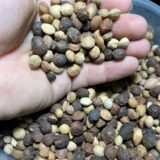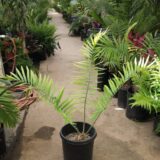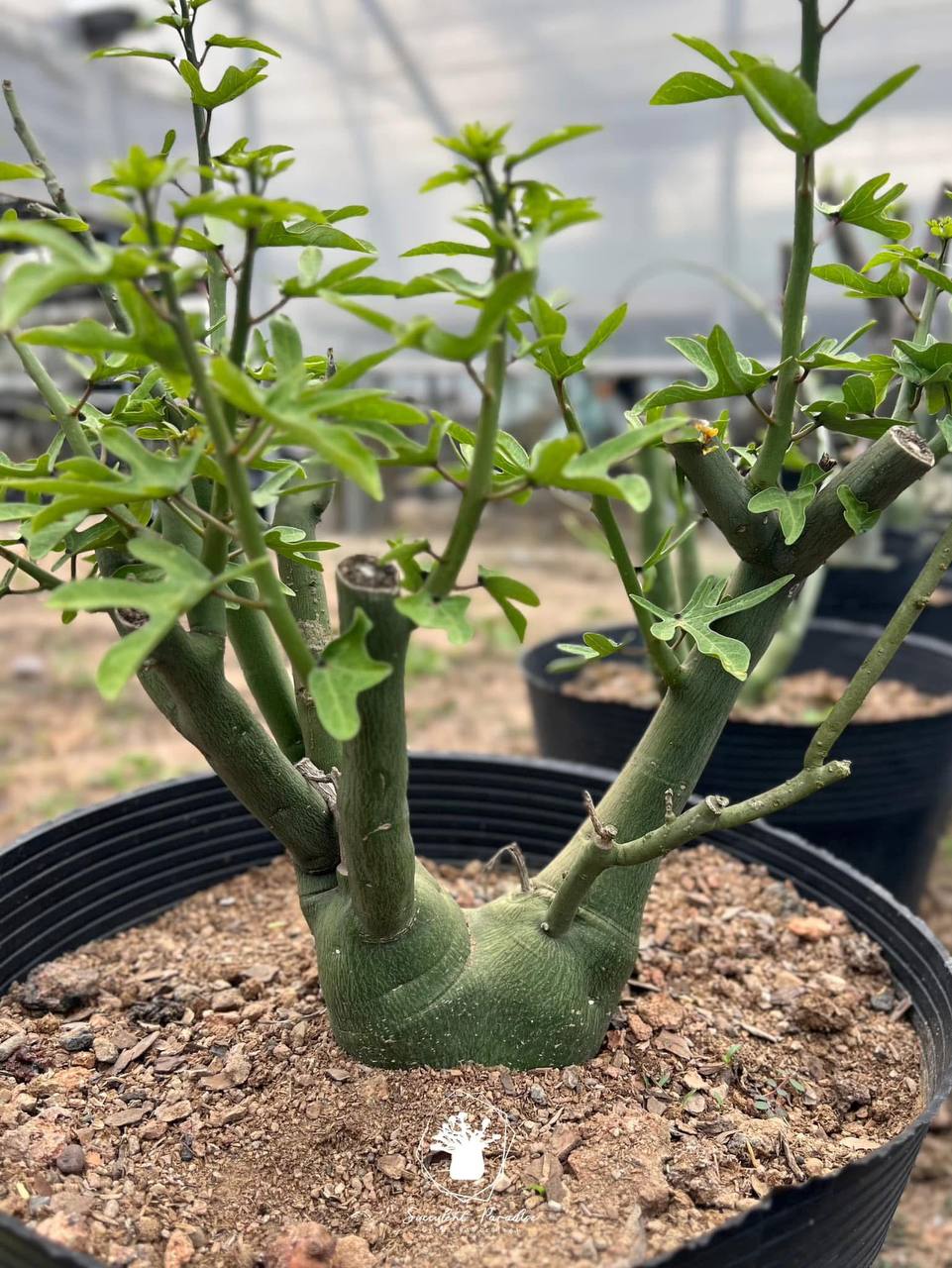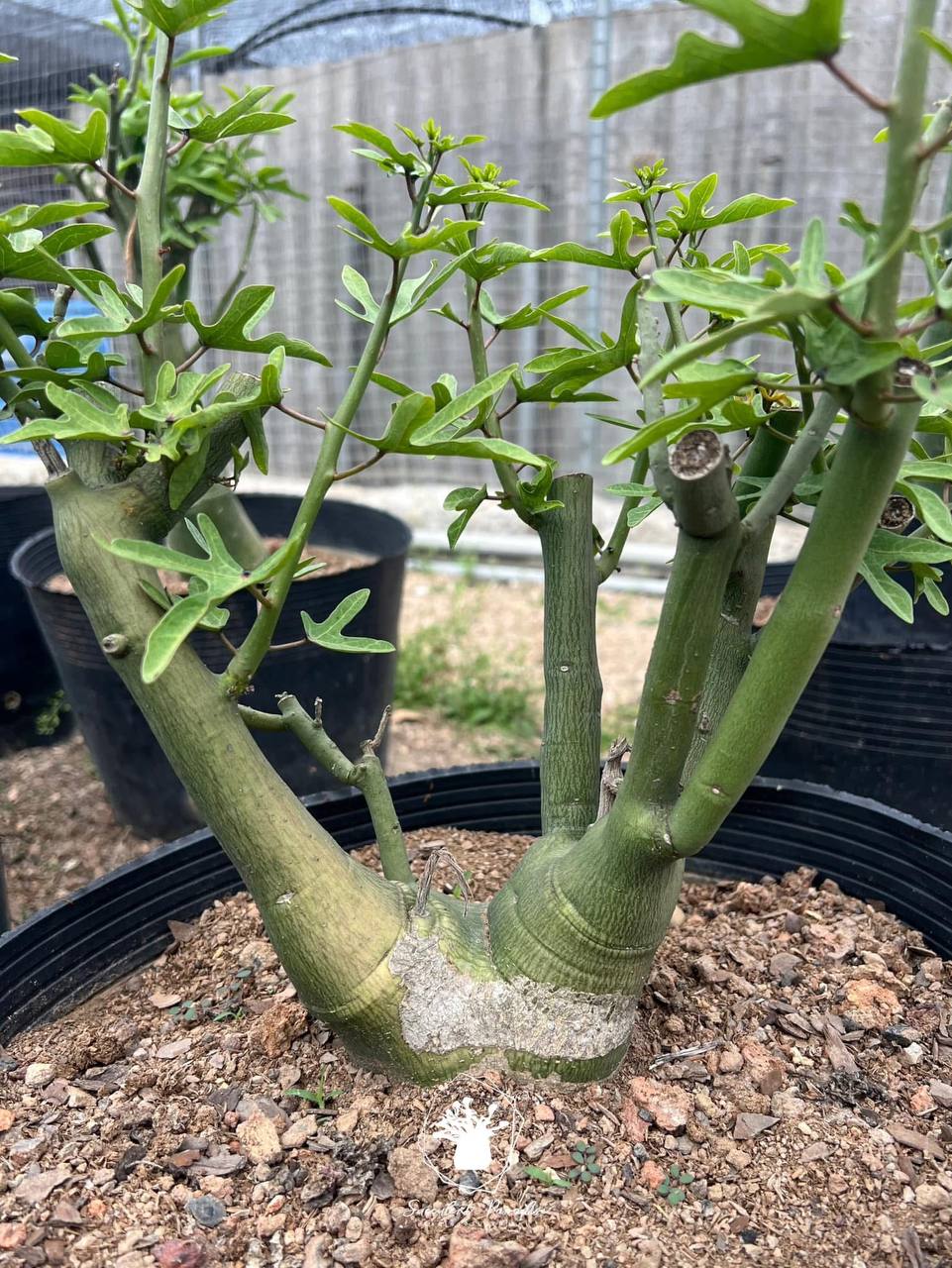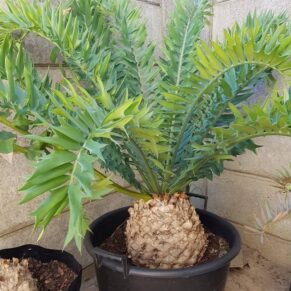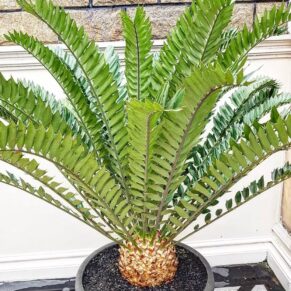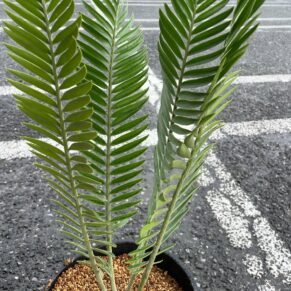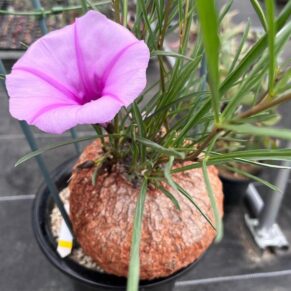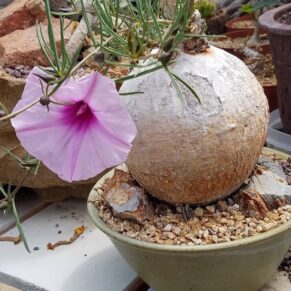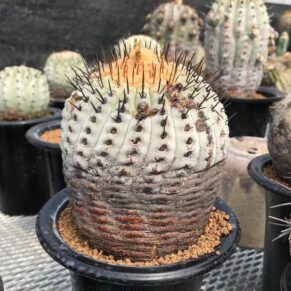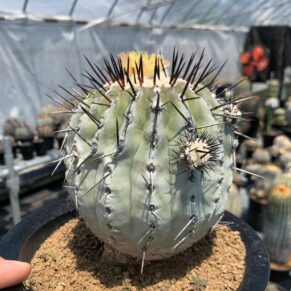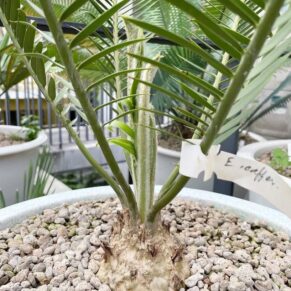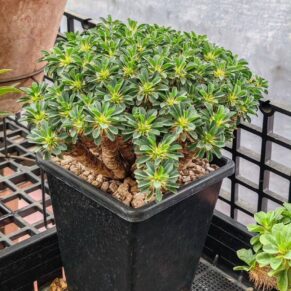- Your cart is empty
- Continue shopping
Shop
Adenia venenata
$200.00
Discover everything about Adenia venenata—a unique African succulent known for its bottle-shaped caudex. Learn care tips, propagation methods, and traditional uses.
Availability:8 in stock
Adenia venenata
Comprehensive Guide to Adenia venenata: Cultivation, Propagation, and Medicinal Uses
Introduction
Adenia venenata, commonly known as the African Bottle Plant, is a captivating succulent native to sub-Saharan Africa, including regions like Northern Nigeria, Tanzania, Uganda, and extending to the Horn of Africa. FacebookGroup.Belonging to the Passifloraceae family, this plant is renowned for its distinctive bottle-shaped caudex and sprawling, vine-like branches. Its unique appearance and adaptability make it a fascinating addition to any plant collection.Sho Adenia venenata
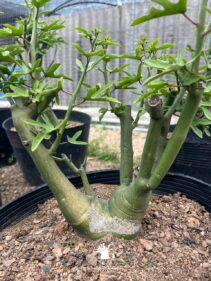
Botanical Characteristics
Taxonomy
-
Family: Passifloraceae
-
Genus: Adenia
-
Species: A. venenata
-
Synonyms: Modecca abyssinica;Adenia venenata
Morphology
-
Caudex: A swollen, bottle-shaped trunk that serves as a water reservoir, enabling the plant to withstand dry periods.
-
Branches: Green, hairless, and glaucous, these twining branches emerge from the caudex, reaching out and climbing nearby structures or trees.
-
Leaves: Deciduous and palmate, the leaves are typically deeply lobed, contributing to the plant’s unique appearance.
-
Flowers: The blooms are small, cream to yellowish-green in color, adding to the plant’s ornamental value.
Natural Habitat and Distribution
A venenata thrives in a variety of African landscapes, from savannas and deciduous bushlands to open, stony scrub areas. It is adaptable to different soil types, including sand, clay, volcanic basalt, and limestone. This adaptability allows it to flourish across a wide range of environmental conditions.
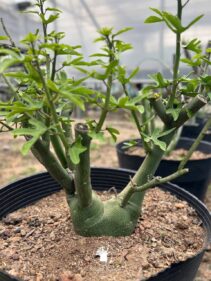
Cultivation and Care
Light Requirements
This plant thrives in full sun but should be protected from the hottest midday rays to prevent leaf scorch. If grown indoors, a high-quality grow light can help mimic natural sunlight.
Watering
During the growing season (spring and summer), water moderately, allowing the soil to dry out between waterings. In winter, reduce watering frequency as the plant enters dormancy.
Soil Requirements
A well-draining, gritty soil mix is essential. A combination of cactus or succulent potting mix with added perlite or pumice ensures proper aeration and drainage.
Temperature and Humidity
Preferring warm temperatures, A venenata is not frost-hardy. It should be kept in temperatures above 40°F (4°C) and in dry conditions to prevent fungal issues.
Propagation Methods
Seed Propagation
-
Soak Seeds: Immerse seeds in water for 24 hours to soften the seed coat.
-
Sow Seeds: Plant in a well-draining medium, keeping the soil moist but not waterlogged.
-
Germination: Maintain warm temperatures and high humidity to encourage germination.Shop Adenia Venenata
Stem Cutting Propagation
-
Select Cutting: Choose a healthy stem with at least one leaf node.
-
Prepare Cutting: Allow the cut end to dry and callous over for 24–48 hours.
-
Plant Cutting: Place in a well-draining rooting medium and keep moist until roots develop.
Tuber Propagation
-
Harvest Tubers: During dormancy, gently unpot your A venenata and brush away the soil to reveal the tubers.
-
Plant Tubers: Plant them in well-draining soil, just deep enough to cover them.
-
Aftercare: Water the soil until it’s damp but not waterlogged. Place the pots in a warm, bright spot, avoiding direct sunlight. Shop adenia venenata
Medicinal and Traditional Uses
In various African cultures, A venenata holds medicinal value. The plant’s leaves are utilized in traditional remedies, such as treating intestinal worms and managing cattle ailments like mange.
Safety Precautions
All parts of A venenata are toxic if ingested, and its sap can cause skin irritation. Handle the plant with care, wearing gloves during pruning or transplanting. Keep it out of reach of children and pets.
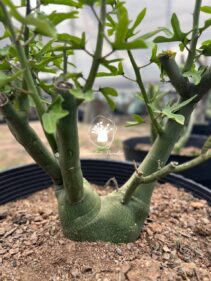
Conclusion
Adenia venenata is a striking and versatile plant, admired for its unique appearance and adaptability. Whether you’re cultivating it as a bonsai, adding it to your succulent collection, or exploring its traditional uses, this plant offers both aesthetic and practical benefits.

